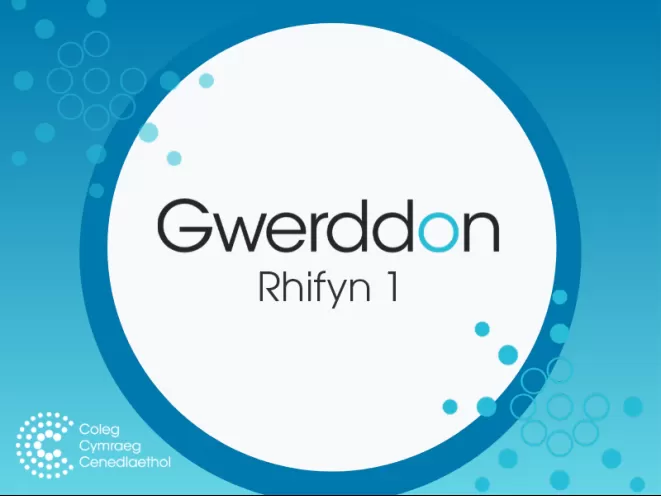Forty years of research into reading has elucidated many of the psychological processes underpinning the reading process, but until recently, the cognitive underpinnings of fluency have been relatively unknown. In this review, a description is provided of reading fluency as a cognitive and neurobiological phenomenon, including the research that has gone into understanding this process. My own and my colleagues’ work has focused heavily on this area, and I outline our main findings to date. I end by outlining the implications of this work for our understanding of reading fluency in normally developed and dyslexic adults.
The psychological foundations of reading fluency: a review
The effects of language frequency on adults knowledge of the Welsh plural system
The aim of this study was to investigate the role of quality and quantity of linguistic input (i.e. to what extent are individuals exposed to a language from different sources during their lives) on Welsh-English bilingual adults’ acquisition of the Welsh plural system. Previous research found differences between bilingual children from different language backgrounds. While it is possible to reduce the difference with an increase in exposure to the language, however, when the structures are complex how quickly (if at all) can any difference be reduced, especially when the system is used inconsistently across adults. However, to what extent these differences reduce is unclear, as no research has been conducted on individuals over age 11. The aim of the study was to assess Welsh-English bilingual adults’ abilities to create plural words in Welsh, in order to trace the extent the differences seen between children have reduced over time.
(The nature of language acquisition processes in children: Marking grammatical gender in Welsh)
Research on the acquisition of grammatical gender has shown that in many languages children gain an early command of gender. Often in these languages gender marking is quite overt and provides a clear one-to-one correspondence between a marker and the gender encoded. In Welsh, however, gender marking is more complex. It is marked by mutations, a set of morpho-phonological changes that affect the initial consonants of words, and the mapping between mutation and gender is quite opaque. Two mutation types are used to mark feminine gender: both feminine nouns modified by the definite article and adjectives following feminine nouns undergo soft mutation, and the feminine gender of the possessive adjective ‘ei’ is marked by aspirate mutation of the modified noun. This paper presents two studies that examine children’s and adults’ productive command of gender as expressed in the mutation of nouns modified by the definite article, and adjectives modifying nouns. Children, between the ages of 4½ and 9 years old, and adults were invited to take part in the studies. First, a semi-naturalistic study was conducted to obtain knowledge about speakers’ usage of gender marking. A Cloze procedure was then used to elicit speakers’ production of masculine and feminine forms, with both real words and nonsense forms, in a variety of linguistic contexts. Some of these contexts provided cues to gender status, some did not. The data obtained indicated that the acquisition of the Welsh gender system is a long drawn-out process, and children have not mastered the system even by 9 years of age. Welsh speakers, even in adulthood, pay little or no attention to the possible cues present in the input. Results suggest that when a language has a complex gender system that is marked by opaque morpho-phonological processes the course of development is protracted and variable.
Cynhadledd Ymchwil Seicoleg 2013
Cynhaliwyd cynhadledd ymchwil cyfrwng Cymraeg gyntaf yr Ysgol Seicoleg ym Mangor ar 4 Tachwedd 2013. Dr Carl Hughes oedd y prif areithiwr, yn areithio ar Newid Ymddygiad. Gellir lawrlwytho copiau o'r cyflwyniadau Pwerbwynt o dan bob cyflwyniad fideo.Traddodwyd ar ystod eang o bynciau amrywiol: Amy Hulson Jones: 'Gwella sgiliau darllen sylfaenol' Awel Vaughan Evans: 'Trosglwyddiad gramadegol rhwng y Gymraeg a'r Saesneg' Catherine Sharp: 'Y Food Dudes. Y Rhaglen Blynyddoedd Cynnar. Astudiaeth Gwerthuso wedi ei Rheoli' Ceri Ellis: 'Allwn ni gynnal cred mewn un iaith, ond nid y llall? Astudiaeth o gredoau diwylliannol ac emosiynol mewn pobl ddwyieithog Cymraeg-Saesneg' Denise Foran: 'Canlyniadau plant a dderbyniodd ymyriad ABA dwysder isel mewn ysgol anghenion arbennig' Dr Carl Hughes: 'Newid Ymddygiad: Be di'r Broblem?' Dr Leah Jones: 'Ymwybyddiaeth Ofalgar er lles rhieni plant ag anableddau deallusol a datblygiadol: datblygu mesurau cyfrwng Cymraeg ar gyfer ymchwil iechyd meddwl' Dr Nia Griffith: 'Ymchwilio'r Blynyddoedd Cynnar yng Nghymru' Ela Cernyw: 'Lles seicolegol rhieni sy'n siarad Cymraeg a gyda phlentyn ag anabledd dysgu' Emma Hughes: 'Gyffredinoli trawsieithyddol o effaith therapi mewn anomia dwyieithog Cymraeg-Saesneg' Yvonne Moseley: 'Datblygu rhaglen ddarllen Cymraeg yn seiliedig ar wybodaeth, tystiolaeth ac ymchwil'
Performance Anxiety Questionnaire
This resource is designed to provide sports psychology support through the medium of Welsh to Welsh-speaking athletes. The aim is to fully understand performance anxiety.





